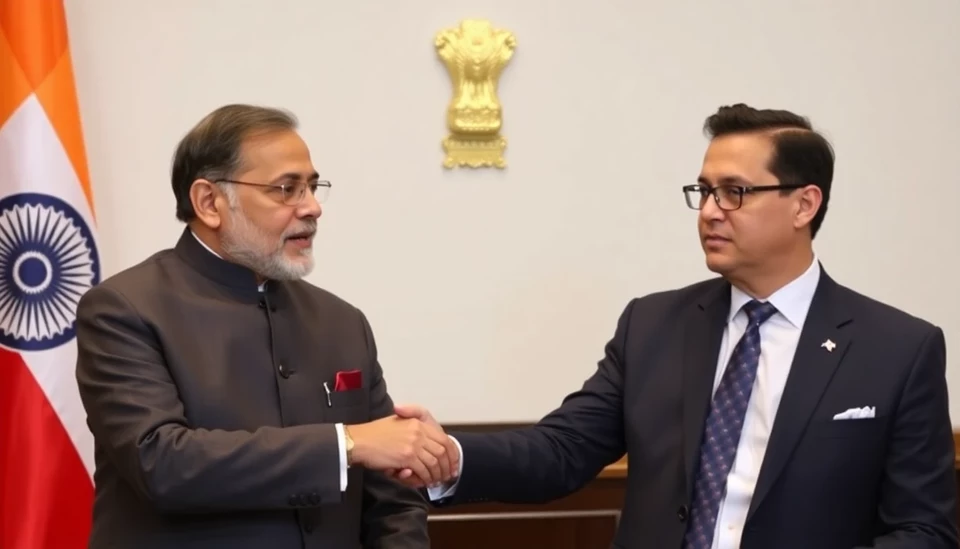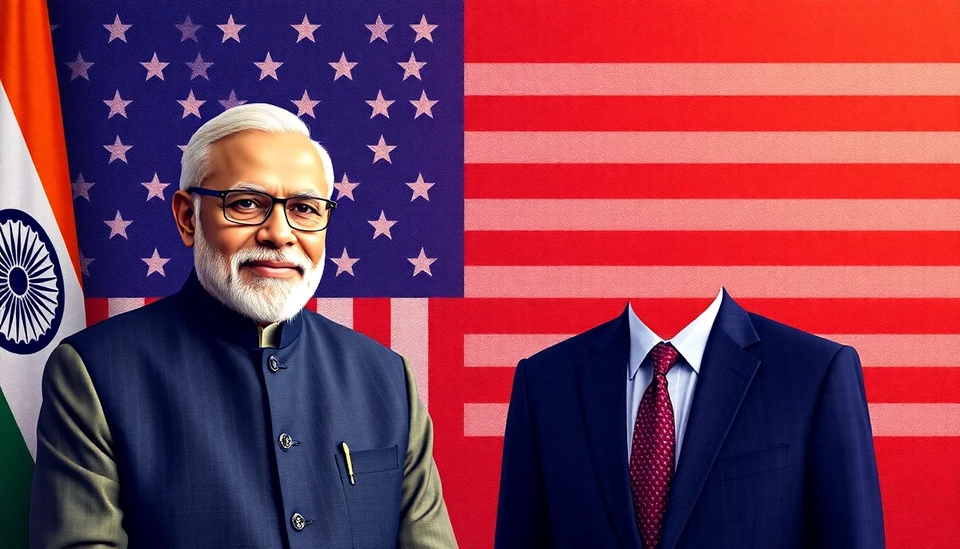
In a landscape marked by heightened economic tensions, India is currently grappling with a significant widening of its trade deficit. This development comes in the wake of aggressive tariff policies ushered in by former President Donald Trump, which have sent ripples through global markets. As nations scramble to adapt to the shifting dynamics, India's trade figures have revealed a concerning trend that poses challenges for its economic stability.
Latest data indicates that India’s trade gap expanded substantially in recent months, fueled by soaring imports and a deceleration in export growth. The trade deficit for March 2025 stood at an eye-watering $20 billion, a stark increase from the previous month. The dual forces of increasing crude oil prices and supply chain disruptions have heavily impacted India’s import bills. With oil imports alone accounting for a significant portion of India's total imports, fluctuations in global oil prices directly influence the trade balance.
Simultaneously, export growth has faltered, largely due to decreased demand in key markets that are reeling from the repercussions of the tariff war. Nations that historically served as reliable trade partners for India are now revisiting their economic strategies, leading to reduced import orders for Indian goods. Major sectors such as textiles and engineering goods, which are pivotal for India's export landscape, have reported declines, compounding the woes of the trade deficit.
The economic ripple effects of Trump's tariff policies have not only impacted bilateral trade relations but have also instigated a wave of uncertainty across various sectors in India. Analysts are predicting that unless a robust strategy is adopted to mitigate the impacts of these tariffs, India's trade situation may continue to deteriorate, raising concerns over long-term economic growth.
In the interim, India's government officials are considering a combination of policy adjustments and diplomatic negotiations aimed at addressing these challenges. Trade experts suggest that enhancing domestic production capabilities and diversifying export markets might be essential steps to stabilize the economy amidst ongoing global uncertainties.
As India navigates these turbulent waters, stakeholders are closely monitoring the situation, anxiously awaiting measures that will bolster the nation’s economic resilience and restore balance to its trade accounts.
In sum, the widening trade gap signals urgent attention is needed to shield India’s economy from the unintended consequences of international tariff skirmishes. Only time will reveal the full impact of these developments, but immediate actions appear essential to mitigate further losses.
#IndiaTrade #TariffWar #EconomicImpact #TradeDeficit #GlobalEconomy #MarketTrends #Manufacturing #OilPrices
Author: Daniel Foster




